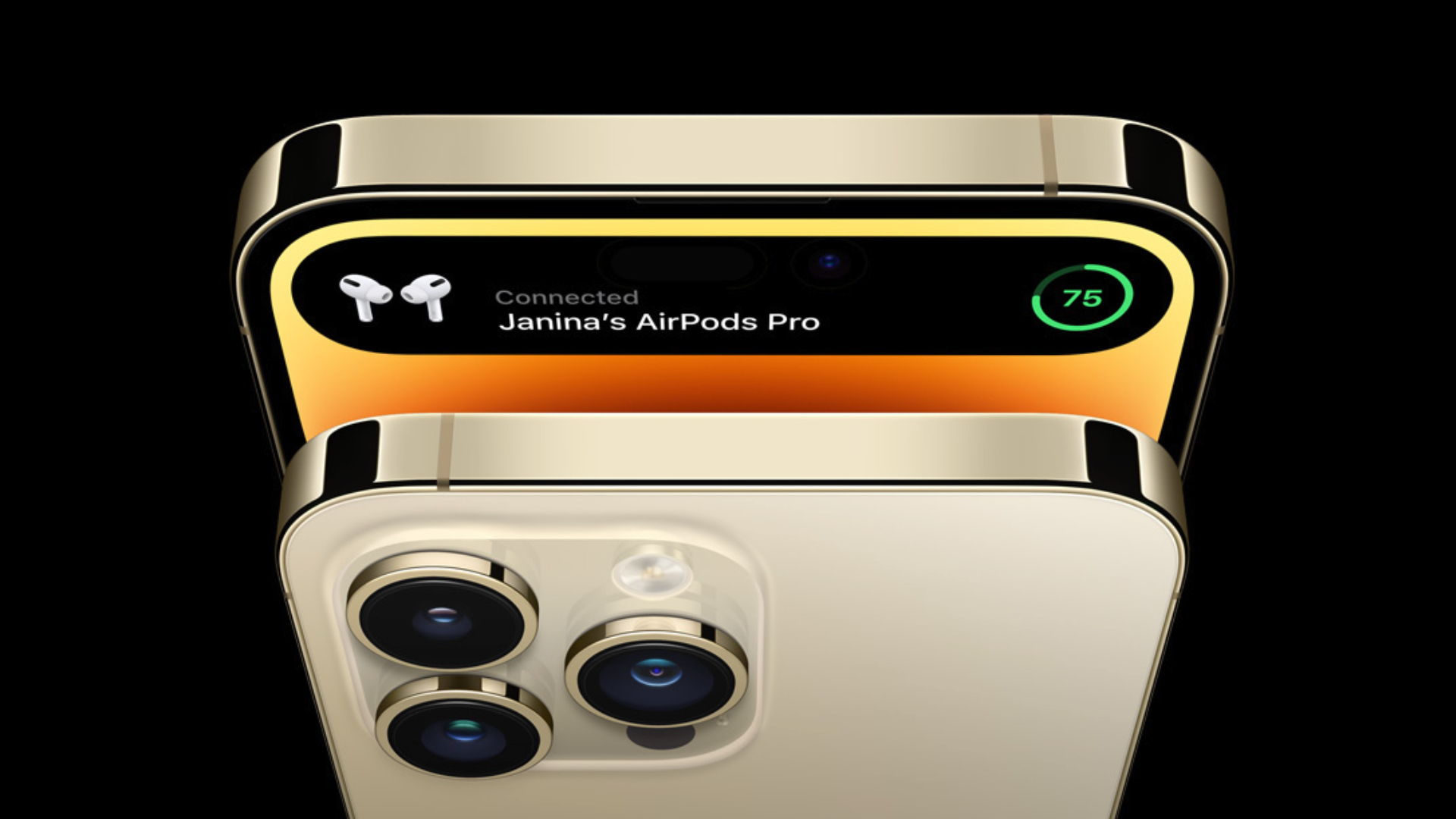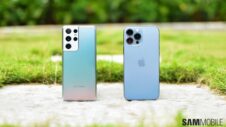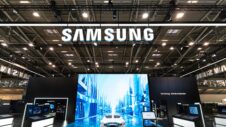Apple's launch event yesterday felt like a reminder of what we already knew. Smartphones have peaked, and over-the-top yearly-on-year innovation is dead in the world of mobile phones. After roughly 16 years of constant yearly upgrades, the mobile market seems to have reached the point where raw hardware innovations and radical design changes are few and far between. Today, high-end smartphones are mostly about optimization and offering solid services.
The Apple event was a bit of a snoozefest for anyone wanting or expecting raw hardware upgrades and design overhauls. The iPhone 15 series got the obligatory chip upgrade and some memory improvements here and there, while the base and Plus models received a 48MP primary camera, the same as the Pro variants.
Aside from the new chip and upgraded camera (for two of the four models), perhaps the biggest “innovation” for Apple at its launch event was the widespread adoption of a USB-C port. No more proprietary Lightning ports for iPhones, and beginning with the iPhone 15, Apple fans get the traditional USB-C port like everyone else.
Story continues after the video
A USB-C port is among the biggest highlights of the iPhone 15
This apparent lack of raw hardware innovation isn't something specific to Apple. You could argue that, apart from the Galaxy Z Flip 5, Samsung's recent releases haven't pushed the limits on hardware or design.
Although this might make smartphone launches a bit less exciting than they used to be, it's not inherently a bad thing from the consumer's perspective. Phones last for longer thanks to better firmware support and good hardware, and yearly upgrades have become very much an option. People can enjoy good performance, apps, and services without having to pay a small fortune for a new flagship year after year. And nothing stops enthusiasts from trading in yearly and staying on top of things if they so desire.
Apps, services, and software optimization seemingly fuel the smartphone market now, and customers can use their phones and enjoy these aspects without being forced or persuaded into buying new hardware on a yearly basis. Apple merely reconfirmed that hardware innovation may be dead or slowed down to a crawl, and that smartphone design may have peaked.
But at the end of the day, it might work out in the consumer's favor. And one day, maybe another paradigm shift will happen, which will kickstart another decade of fierce competition, experimental ideas, and innovation until things settle down again and the cycle repeats.







